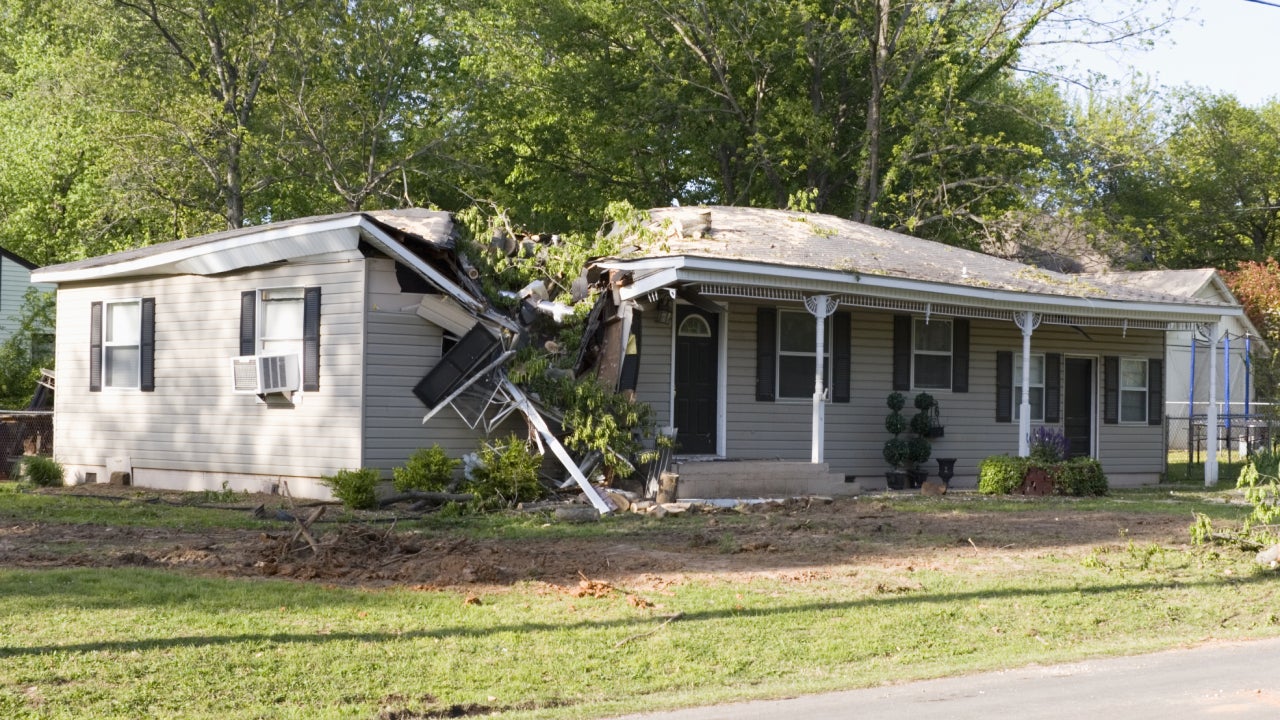Closing costs in Washington state

Among the many expenses associated with a real estate transaction are the fees you’ll pay during the last step of the process — the closing. These closing costs must be paid in order to finalize the transaction and typically total anywhere from 2 to 5 percent of your loan amount, excluding real estate agent commissions.
In Washington, as in any state, the buyer and seller each share the burden of these fees and expenses to a certain extent. Buyers’ expenses mostly include the fees associated with financing and loan origination, but sellers pay their fair share as well. Here’s what to know about closing costs in Washington, and who pays for what.
How much are closing costs in Washington?
The exact amount of closing costs vary from state to state. In Washington, you can expect closing costs to amount to about 2.4 percent of the home’s price (again, not including real estate agent commissions), according to the most recent data from CoreLogic’s ClosingCorp. That figure is on the high side — in neighboring Oregon, for example, it’s is just 0.9 percent.
The median home price in Washington state was $617,500 as of February, according to Redfin data. Calculating 2.4 percent of that median puts closing costs at $14,820. But the exact amount you’ll pay will vary based on location and the cost of the home you’re purchasing. In Bellevue, for instance, the median home price is much more costly at $1.5 million. In that case, closing costs would be about $36,000. In Spokane, on the other hand, the median is $369,950, making closing costs much less at $8,878. But don’t worry, you’re not required to shoulder that full cost on your own.
Who pays closing costs in Washington, buyers or sellers?
No matter what state you’re in, including Washington, some portion of closing costs falls to both buyers and sellers. The exact amount you’ll pay will vary based on local laws and other factors, and in some cases, who pays what can be negotiated. Here’s a breakdown of which costs are typically covered by both buyers and sellers.
Closing costs for buyers
Buyers typically pay a long list of closing costs, many of which are related to their mortgage. Some of the fees and expenses buyers cover include:
- Lender-related fees: Mortgage lenders often charge a loan origination fee, as well as other fees related to establishing your loan. These can include application and credit-check charges as well.
- Appraisal: A professional home appraisal will likely be required so that the lender can confirm that the home is worth the amount of money that you are borrowing. These can cost several hundred dollars.
- Home inspection: Though not required by lenders, it’s smart for buyers to conduct a home inspection to ensure that there are no significant problems with the home — or to learn of them beforehand, so they can use it as a negotiation tactic. Inspections will cost another few hundred dollars.
- Title related fees: Buyers may also be charged fees for a title search and title insurance, which protects against ownership issues with the home.
- Escrow: Buyers may be required to provide a deposit to cover some of the costs associated with prepaid property taxes or homeowners insurance. This deposit is put into an escrow account, for which you may be charged a service fee.
Closing costs for sellers
Sellers may not be responsible for as many different types of closing costs, but their total can still outweigh that of buyers. That’s because, under the current commission system at least, sellers are responsible for paying real estate agents’ commissions. (This is set to change in July, when new rules go into effect.) This expense usually amounts to somewhere between 5 and 6 percent of the home’s sale price. On a median-priced $617,500 Washington home, 5 percent amounts to $30,875.
Some other common closing costs for sellers include:
- Escrow: Sellers may also be responsible for a portion of the escrow costs. The exact amount is typically determined when the purchase agreement is negotiated.
- Real estate excise taxes (REET): Washington levies an excise tax on the sale of real property. The seller is typically responsible for covering this cost, but the exact amount varies by county — it typically ranges from about 0.25 percent to 0.5 percent of a property’s selling price.
- Property taxes: Any property taxes due on the home up until closing are generally the seller’s responsibility to pay. The same is true for HOA fees, if applicable.
- Owner’s title insurance: The seller typically covers the cost of this policy in Washington; it can run around 1 to 5 percent of the home’s value.
- Concessions: As part of negotiations, many sellers agree to what are known as seller concessions. One common example would be agreeing to pay for the cost of a needed repair. These expenses are also paid at closing.
Lowering your closing costs in Washington
With the exception of taxes and fees imposed by government entities, it is possible to negotiate many of the expenses associated with this final step of a real estate transaction. Sellers, for example, can negotiate their largest expense — real estate commissions — to see if their agent is willing to accept a lower percentage.
Market conditions play a role here. For instance, if your area is experiencing a seller’s market, buyers may not be in an advantageous position when it comes to negotiating. Likewise, in a buyer’s market, sellers may be at a disadvantage.
Homebuyers may be able to take advantage of closing cost assistance programs available from the local government, which can lower the amount of your upfront outlay. Many of these programs are aimed at first-time buyers in particular and might help to cover the cost of the a down payment as well. Washington state offers a variety of programs that can help lower homebuying costs.
Find a local real estate agent
Hiring a real estate agent who is familiar with the ins and outs of your local Washington market can help, whether you’re on the buyer’s or seller’s side of a real estate transaction. If you’ve never worked with a Realtor before, ask friends and family who have had a good experience to provide a recommendation. And before hiring an agent, be sure to review multiple candidates, asking them plenty of questions, and look online at reviews from past clients.
FAQs
-
The seller is typically responsible for paying for the owner’s title insurance policy in Washington. However, the buyer usually covers the cost for the lender’s policy, as well as any charge for a title search to be run.
-
Typically the most expensive part of closing costs are the real estate agents’ commissions, which usually range between 5 and 6 percent of the home’s purchase price. This cost has traditionally been shouldered by the seller, who pays both their own agent and their buyer’s, but the settlement of a recent commission lawsuit stands to change that model.
Why we ask for feedback Your feedback helps us improve our content and services. It takes less than a minute to complete.
Your responses are anonymous and will only be used for improving our website.
You may also like

What disasters does home insurance cover?

What are real estate transfer taxes?

Closing on a house: What to expect



